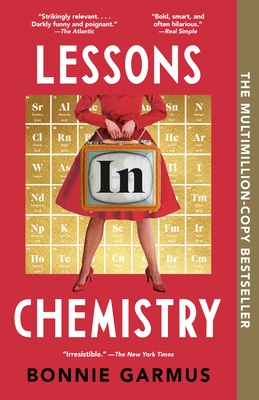Beginning Guide to Microsoft Excel 2010
Select Format
Select Condition 
Book Overview
No Synopsis Available.
Format:Spiral-bound
Language:English
ISBN:0983891737
ISBN13:9780983891734
Release Date:November 2011
Publisher:Comma Productions
Length:218 Pages
Weight:1.45 lbs.
Customer Reviews
5 customer ratings | 5 reviews
There are currently no reviews. Be the first to review this work.




















